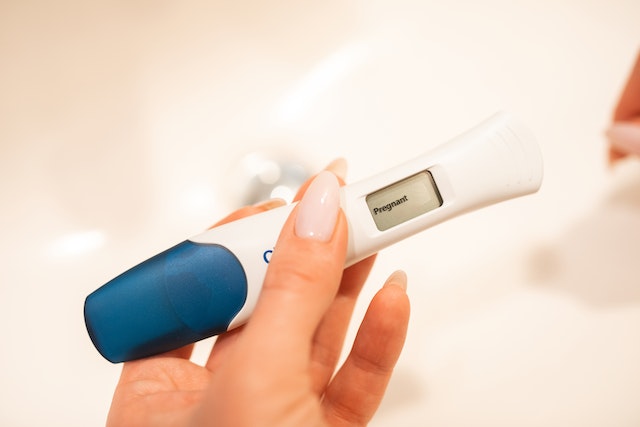What are Implantation Cramps?
Implantation cramps are often one of the earliest signs of pregnancy and occur when a fertilized egg attaches itself to the lining of the uterus. These cramps are typically mild and may feel similar to menstrual cramps, but they tend to occur around a week to ten days after ovulation, just before your expected period.
Recognizing the Symptoms
Implantation cramps are often accompanied by other symptoms such as light spotting or bleeding, known as implantation bleeding. This bleeding is usually lighter and shorter in duration compared to a regular menstrual period. Other symptoms may include breast tenderness, fatigue, and mood swings.
How Long Do Implantation Cramps Last?
Implantation cramps usually last for a few hours to a couple of days. They may come and go and are generally milder than menstrual cramps. If you experience severe or prolonged cramping, it’s essential to consult your healthcare provider to rule out any other underlying issues.
Differentiating Implantation Cramps from Menstrual Cramps
While implantation cramps may feel similar to menstrual cramps, there are some key differences to note. Implantation cramps typically occur earlier in the menstrual cycle than menstrual cramps, and they are usually accompanied by other early pregnancy symptoms such as implantation bleeding and breast tenderness.
Tips for Managing Implantation Cramps
1. Rest: Take it easy and avoid strenuous activities that may exacerbate cramping.
2. Stay Hydrated: Drink plenty of water to help alleviate discomfort.
3. Use Heat: Applying a heating pad or warm compress to the lower abdomen can help soothe cramps.
4. Over-the-counter Pain Relief: If approved by your healthcare provider, you can take over-the-counter pain relievers such as acetaminophen to ease mild discomfort.
When to Consult a Healthcare Provider
While implantation cramps are usually harmless, there are instances where you should seek medical attention:
– If you experience severe or prolonged cramping
– If the cramps are accompanied by heavy bleeding
– If you have a fever or chills
– If you have a history of ectopic pregnancy or miscarriage
Conclusion
Implantation cramps are a common and normal occurrence during early pregnancy. While they may cause mild discomfort, they are usually nothing to worry about. However, if you experience severe or persistent cramping, it’s essential to consult your healthcare provider to rule out any other underlying issues. Remember to take care of yourself and listen to your body throughout your pregnancy journey.










